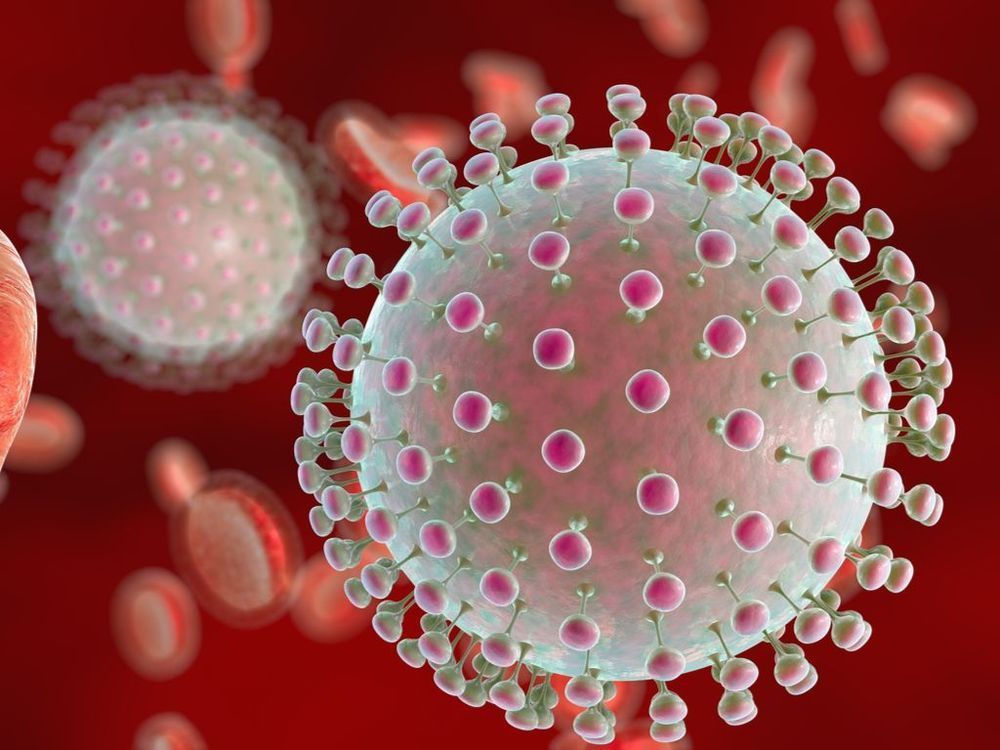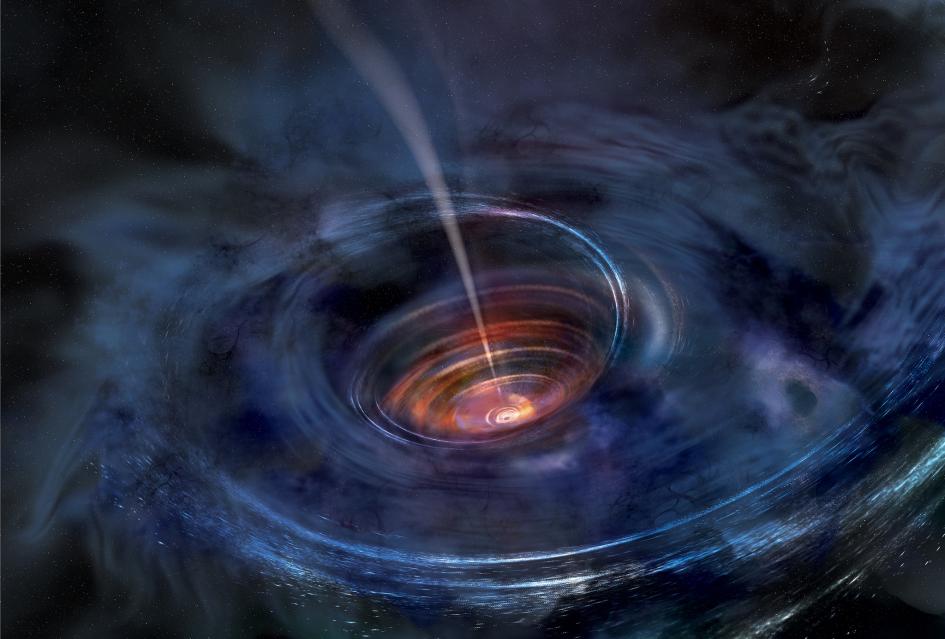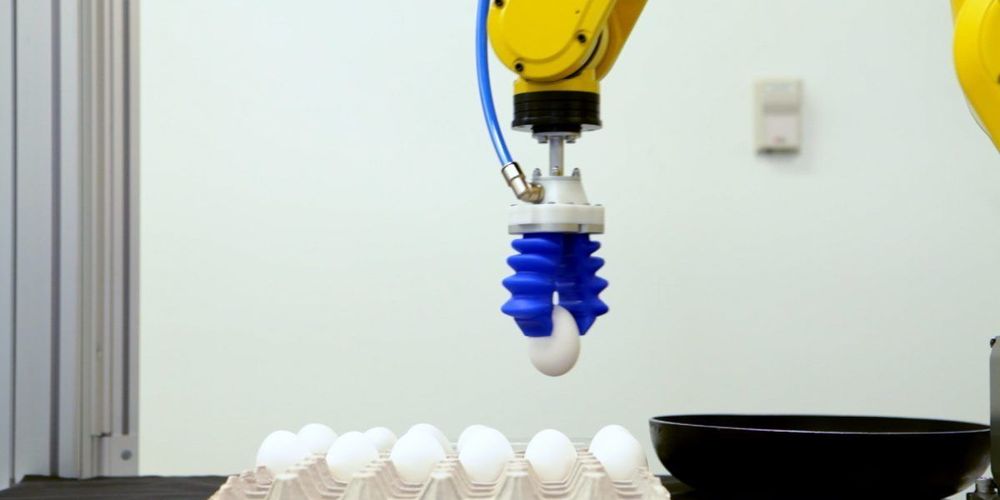Author at The Secrets of the Universe, I am a Biology and Chemistry high school student from Poland. I love writing about conquest and research in space and future possibilities for Humanity and Astrophysics.
Get the latest international news and world events from around the world.

Updated DJI rumors
Here are our updated DJI rumors. We will share with you all the info we currently have on the DJI Matrice 300 (M300), the DJI Mavic 3, the DJI Mavic Air 2 and even other DJI aircraft.

Iceye releases dark vessel detection product
SAN FRANCISCO – Radar satellite operator Iceye released a product Jan. 20 to detect dark vessels, ships at sea that are not identifying themselves with Automatic Identification System (AIS) transponders.
Iceye combines observations from its constellation of three synthetic aperture radar satellites with other data sources to provide customers with radar satellite images of vessels that are not broadcasting their identification, position and course with AIS transponders. The technology is designed to help government agencies, nongovernmental organizations and commercial customers curb drug and human trafficking, find illegal fishing vessels and enforce rules against illegal transshipment of goods, Finland-based Iceye said in a Jan. 20 news release.
Dark vessel detection is a popular application for radar satellites which gather data day, night and in all weather conditions, Pekka Laurila, Iceye co-founder and chief strategy officer told SpaceNews. With three satellites in orbit, Iceye offers customers the ability to frequently revisit areas of interest. In addition, the company has developed machine learning algorithms to speed up dark vessel detection, he added.
DJI Matrice 200 drones used by police fell out of the sky during rain
A report by UK’s Air Accidents Investigation Branch found that DJI Matrice 200 drones used by police were falling out of the sky in the rain due to a technical fault. The drone pilots lost full control and power of the drone causing it to fall straight down to the ground while in use by police.




Human fetal lungs harbor a microbiome signature
The lungs and placentas of fetuses in the womb — as young as 11 weeks after conception — already show a bacterial microbiome signature, which suggests that bacteria may colonize the lungs well before birth. This first-time finding deepens the mystery of how the microbes or microbial products reach those organs before birth and what role they play in normal lung and immune system development.
A team led by University of Alabama at Birmingham researcher Charitharth Vivek Lal, M.D., found that a human fetal microbiome DNA signature is present in lungs as early as the first trimester. This fetal lung microbiome showed changes in diversity during fetal development, suggesting microbiome maturation with advancing gestational age. Finally, a placental microbiome was also present in human fetal tissue, and this microbiome signature showed some taxonomic overlap with the corresponding human fetal lung microbiome.
“We speculate that maternal-fetal microbial DNA transfer — and perhaps of other microbial products and whole live or dead bacteria — is a realistic possibility,” said Lal, an associate professor in the UAB Pediatrics Division of Neonatology. “This may serve to ‘prime’ the developing innate immune system of the fetus and help in establishment of a normal host-commensal relationship.”